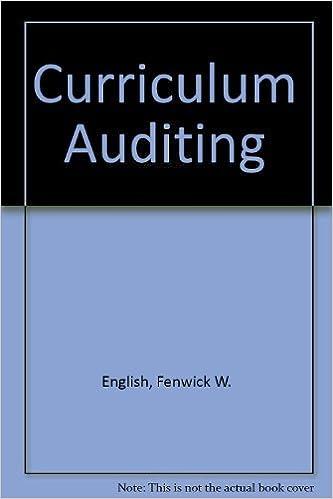






Michiana Company's Benton Harbor Plant produces precast ingots for industrial use. Angelo Lorenzo, who was recently appointed general manager of the Benton Harbor Plant, has just been handed the plant's contribution format income statement for October. The statement is shown below: Budgeted Actual 239,000 239,000 $ $ Sales (4,000 ingots) 57,680 70,390 Variable expenses: Variable cost of goods sold* Variable selling expenses 16,000 16,000 Total variable expenses 73,680 86,390 165,320 Contribution margin 152,610 Fixed expenses: 72,000 72,000 Manufacturing overhead 82,000 82,000 Selling and administrative Total fixed expenses 154,000 154,000 Net operating income (loss) $ 11,320 $ (1,390) *Contains direct materials, direct labor, and variable manufacturing overhead. Mr. Lorenzo was shocked to see the loss for the month, particularly because sales were exactly as budgeted. He stated, "I sure hope the plant has a standard cost system in operation. If it doesn't, I won't have the slightest idea of where to start looking for the problem." The plant does use a standard cost system, with the following standard variable cost per ingot: Direct materials Direct labor Variable manufacturing overhead Standard Quantity Standard Price Standard or Hours or Rate Cost 3.2 pounds $2.70 per pound $ 8.64 0.6 hours $7.30 per hour 4.38 0.5 hours* $2.80 per hour 1.40 Total standard variable cost $14.42 *Based on machine-hours. During October the plant produced 4,000 ingots and incurred the following costs: a.Purchased 17,800 pounds of materials at a cost of $3.15 per pound. There were no raw materials in inventory at the beginning of the month. b.Used 12,600 pounds of materials in production. (Finished goods and work in process inventories are insignificant and can be ignored.) c. Worked 3,000 direct labor-hours at a cost of $7.00 per hour. c. Worked 3,000 direct labor-hours at a cost of $7.00 per hour. d.Incurred a total variable manufacturing overhead cost of $7,360 for the month. A total of 2,300 machine-hours was recorded. It is the company's policy to close all variances to cost of goods sold on a monthly basis. Required: 1. Assume that the company recognizes price variances when materials are purchased. Compute the following variances for October: a. Direct materials price and quantity variances. (Input all amounts as positive values. Indicate the effect of each variance by selecting "F" for favorable, "U" for unfavorable, and "None" for no effect (i.e., zero variance).) Materials price variance Materials quantity variance b. Direct labor rate and efficiency variances. (Input all amounts as positive values. Indicate the effect of each variance by selecting "F" for favorable, "U" for unfavorable, and "None" for no effect (i.e., zero variance).) Labor rate variance $ 900 F Labor efficiency variance $ $ (4,380) U c. Variable overhead rate and efficiency variances. (Input all amounts as positive values. Indicate the effect of each variance by selecting "F" for favorable, "U" for unfavorable, and "None" for no effect (i.e., zero variance).) $ 20,608 F Variable overhead rate variance Variable overhead efficiency variance $ (4,440) U 2. Summarize the variances that you computed in (1) above by showing the net overall favorable or unfavorable variance for October. (Input all amounts as positive values. Indicate the effect of variance by selecting "F" for favorable, "U" for unfavorable, and "None" for no effect (i.e., zero variance).) Net variance 3. Pick out the two most significant variances that you computed in (1) above. (You may select more than one answer. Single click the box with the question mark to produce a check mark for a correct answer and double click the box with the question mark to empty the box for a wrong answer.) Materials price variance Materials quantity variance Variable overhead efficiency variance Labor rate variance Variable overhead rate variance Labor efficiency variance













